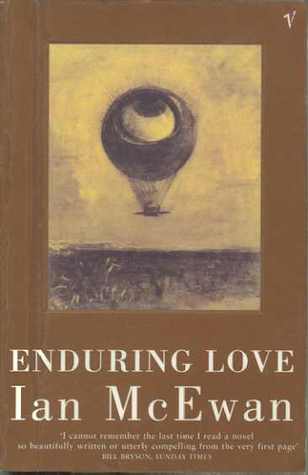
You would be lucky if you were to get to your toes if you were counting the amount of beautiful days for a picnic in London, England. When Mother Nature grants you a day with slightly overcast skies and a forty percent chance of precipitation you might as well take full advantage of the offer. If it happens to fall on the day that you’re reuniting with your girlfriend of seven years after being apart for a six-week stretch, then all the better. In Enduring Love by Ian McEwan, that is exactly what love-sick birds Joe Rose and Clarissa Mellon are experiencing as they enjoy their day in the park settling back into their free, easy and intimate existence together. While enjoying some wine and cheese, a child’s blood curdling scream is heard in the distance, and at that point the instincts of five like-minded men begin to take over, but their lives will never be as they once were.
“If we want to know what we are, we have to know where we came from. We evolved, like every other creature on earth. We come into this world with limitations and capacities, all of them genetically prescribed. Many of our features, our foot shape, our eye colours, are fixed, and others, like our social and sexual behaviour, and our language learning, await the life we live to take their course. But the course is not infinitely variable. We have a nature.”
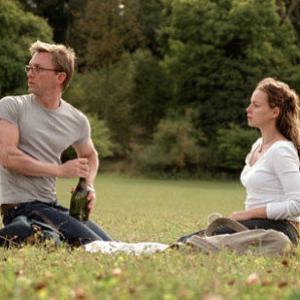
As clearly stated by Joe, he is not a scientist, he is a science journalist. That places him in a unique situation where rather than practicing one discipline, he delves into many different branches of science that pique his interest at varying times. Joe was once regarded as a star student in university, but his failures as a researcher and developer have forced him to become an outside commentator in the field that left him behind. As intellectual and thoughtful as he may be, he also gives off a feeling of being a distressing individual. He demonstrates an ability to make courageous decisions in haste, but when forced with the time to analyze his surroundings, he succumbs to the overwhelming feeling of doubt. In this sunken state he finds himself asking what fair-skinned and alluring Clarissa could see in him as a significant other? Or if things would be better if he challenged himself and further pursued a practical career in theoretical physics? He tends to find reasons to soften up instead of rise to occasion. In some aspects, that day in the field had changed him, in the days that followed he would begin to change life’s patterns and re-emerge from the shrouds of self-doubt, but it may be too little, too late.
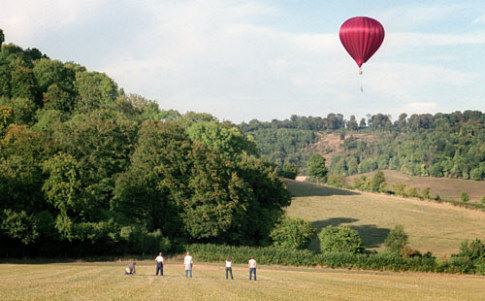
“In the months after we met, and before we bought the apartment, she had written some beauties, passionately abstract in their exploration of the ways our love was different from and superior to any that had ever existed. Perhaps that’s the essence of a love letter, to celebrate the unique. I had tried to match hers, but all that sincerity would permit me were the facts, and they seemed miraculous enough to me: a beautiful woman loved and wanted to be loved by a large, clumsy, balding fellow who could hardly believe his luck.”
Clarissa is an English professor who specializes in romantic poetry and research on the subject of the one and only John Keats. Traveling the world as a result of her profession has led her and Joe to many reunions, but this one at the park is truly long-awaited. Together for seven years they have lived without children due to a physical adversity on Clarissa’s part, but not on account of her true desire. She loves being around children and has had a difficult time coming to terms with her situation. Clarissa and Joe maintain a happy existence together focusing on open communication and sexual adventures. Their reunion on the open field under the cloudy sky could see them drift farther apart than any mode of transport could provide.

Jeb Parry was one of the men on the hill on that auspicious London afternoon. He witnessed what the others witnessed, but is having a hard time adjusting to his life after that horrifying event. He is a religious fanatic who lives alone in a big home left to him by his mother as a part of his inheritance. With no friends, no family or love interest (at that point), Jeb is left to his own thoughts about that day, replaying it again and again, and reading the signals left by the other men on that day. Left to his own devices, he feels that he is on to something, he just needs to be sure that the feelings are mutual.
“There are barriers ahead, of course. Mountain ranges! The biggest of which is your denial of God. But I’ve seen through that, and you know it. In fact, you probably planned it that way. It’s a game you’re playing with me, part seduction, part ordeal. You are trying to probe the limits of my faith. Does it horrify you that I can see you through you so easily?”
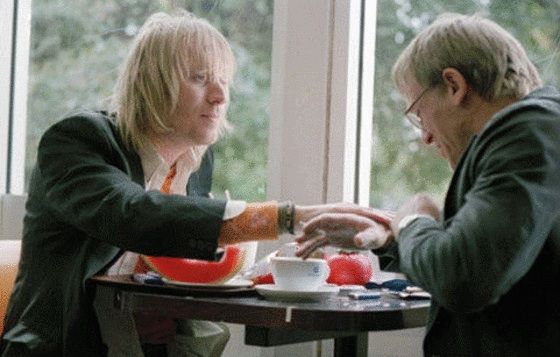
Really interesting story that contrasts the idea of living in one’s head and searching for the truth. More often than not people feel safe with the idea that what they feel, whether it be circumstantial or physiological, makes the most sense, therefore cementing it as the truth. Predominantly, people prefer not to address the matter personally with one another, they would rather live with this false belief that they are the judge, jury, and executioner in the determination of the truth and the status of their relationships. The mind can be a terrible thing to waste they said, they also failed to mention that it can have terrible repercussions if used irrationally. I was left very impressed by the writing style and how the author was able to grab my attention right away and never let go. Some of the science was a tad overdone, but I will admit that it had its purpose and was at least serviceable for my uneducated mind. I look forward to more McEwan in my future and I am glad I started with this book rather than the more renowned pieces of work… Recommended. On to Atonement.
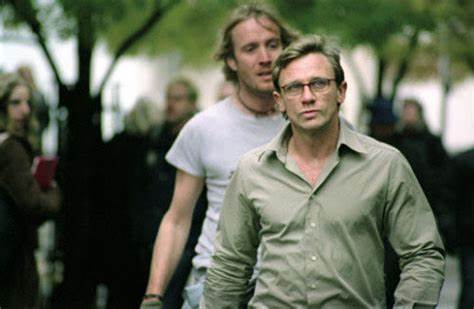
“People often remark on how quickly the extraordinary becomes commonplace. I think that every time I’m on a motorway at night, or on a plane as it rises through cloud cover into sunlight. We are highly adaptive creatures. The predictable becomes, by definition, background, leaving the attention uncluttered, the better to deal with the random or unexpected.”

Leave a comment